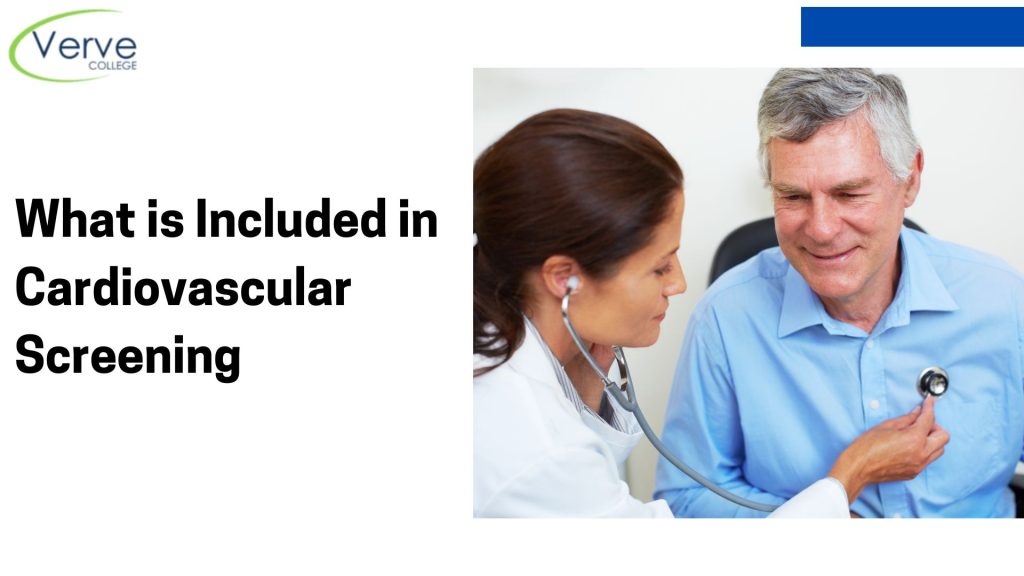- Oak Brook:(630) 705-9999
- Chicago:(312) 920-8822
- Email:inquiry@vervecollege.edu
- Make a Payment
- Home
- Programs
- Admission
- Resources
- ATI Entrance Exam Resources
- New E-Digital Library
- Refer a Friend
- School Newsletter
- Events
- Employers
- Job-Network
- Alpha Beta Kappa Candidates
- Verve College Library
- Graduation and Pinning Ceremony Photo Galleries
- Textbook Information
- Career Services
- Tutoring
- School Catalog
- FAQ
- Constitution Day Program
- Alumni
- Verve College Plans
- Financial Aid
- HEERF Reporting
- Satisfactory Academic Progress
- Apply For Financial Aid
- Net Price Calculator
- Return of Title IV Funds (R2T4)
- Financial Aid Office Code of Conduct
- Contact
- FAQs
- Verification Policy
- Vaccination Policy
- Student Right-to-Know Act
- Misrepresentation
- Information Security Program
- Academic Award Year
- Availability of Employee
- Cost of Attendance
- Health & Safety Exemption Requirement
- Students Rights and Responsibilities
- Leave of Absence
- Pell Formula
- Military Students
- Grants/ Scholarship Policy
- Contact Us
- Testimonials
- Blog
Is a Nursing Career Right For You?
Take The Free Quiz
Comprehensive Guide: What’s Included in Cardiovascular Screening?
Comprehensive Guide: What’s Included in Cardiovascular Screening?
A proactive method of evaluating heart health and identifying possible issues before they become serious. It involves a series of tests and assessments that could identify risk factors like cholesterol, high blood pressure levels, and irregular heart rate. The importance of early detection is that it allows for prompt interventions to prevent the development of serious problems like heart attacks or strokes.
In the United States, there is an increasing demand for executive health screenings, provided by top cardiology hospitals. These special heart screenings target those who want a complete review of their cardiovascular health, stressing the importance of regular checks and heart health prevention.
Checking for Cardiovascular Disease
A cardiovascular screening is a test that is designed to detect potential heart issues before the onset of any symptoms. This is crucial because a variety of heart-related conditions may develop without warning, making the early detection of heart problems crucial to successful treatment decisions. Through assessing risk factors, like cholesterol and blood pressure, health care professionals can design an individual plan for improving the health of your heart. Being healthy and fit is crucial for your overall well-being and can significantly impact the quality of your life and overall longevity. A regular check-up can help you manage your heart health, and help prevent major health problems in the future. To know more, must go with anatomy classes near me.
Related:- How to Choose the Best Practical Nursing School for Me?
Common Tests in the Cardiovascular Screening
- Blood Pressure Measurement: This test determines the force exerted by your blood against the artery wall. Monitoring blood pressure is vital since high levels, also known as hypertension, could dramatically enhance the likelihood of suffering from heart disease.
- Body Mass and BMI Assessment: The weight you weigh as well as your Body Mass Index (BMI) reflect how healthy you are overall. A high weight could lead to an increased risk of heart disease, making it important to keep your lifestyle healthy.
- Electrocardiogram (ECG ): An ECG monitors your heart’s electrical activity, and assists in identifying irregular rhythms which could be a sign of heart-related issues.
- Echocardiogram: This test reveals how the structure of your heart functions, revealing how efficiently the heart pumps and whether there are any abnormalities.
- Cardiac MRI: This cutting-edge imaging technique gives detailed photographs of your heart’s muscles and blood flow, which can help to diagnose various heart ailments.
- Cardiac Stress: Test By watching the heart rate during exercise, this test determines how it performs under pressure and can reveal the possibility of issues that may not be obvious at rest.
- “Lipid Panel This blood test is used to measure cholesterol levels, which includes LDL (bad) as well as HDL (good) cholesterol. A high level of LDL could raise the chance of developing heart disease.
- Cardiac CT scans: The imaging test determines calcium buildup in the coronary arteries, a symptom of coronary disease.
- Additional tests may be added Other assessments could include a tilt-table test as well as counseling, providing a thorough assessment of your heart health.
Guidelines: What should be Taken into Account?
In the field of screening for cardiovascular diseases, a variety of health organizations offer guidelines that can help you determine the most effective methods. These include: the American College of Cardiology (ACC), American Heart Association (AHA), United States Preventive Services Task Force (USPSTF), and American College of Preventive Medicine (ACPM) all stress the importance of individual risk assessments. It is important to note that many of these organizations do not advocate regular tests for people who are not symptomatic because these tests typically are not beneficial and could cause excessive anxiety.
Furthermore, the intermediate risk of and financial burdens associated with excessive cardiac testing are important factors to take into consideration. Insufficient tests could result in false positives, which can lead to unnecessary procedures, more pressure on patients, and increased costs for healthcare. In the end, these guidelines emphasize that, while heart screenings are beneficial however, they must be handled with care and adapted to the individual’s specific health needs.
Want to Make a Career in Nursing? Get More Information About Our Courses!
Conclusion
In conclusion, a cardiovascular screening is crucial to maintain heart health and to prevent serious ailments. Patients must discuss with their health care professionals who got diploma from licensed practical nurse programs near me the exact tests they’ll need. It is essential to trust the medical advice of a trusted source rather than marketing strategies when making decisions regarding heart health screenings.
 Sign up
Sign up Login
Login




